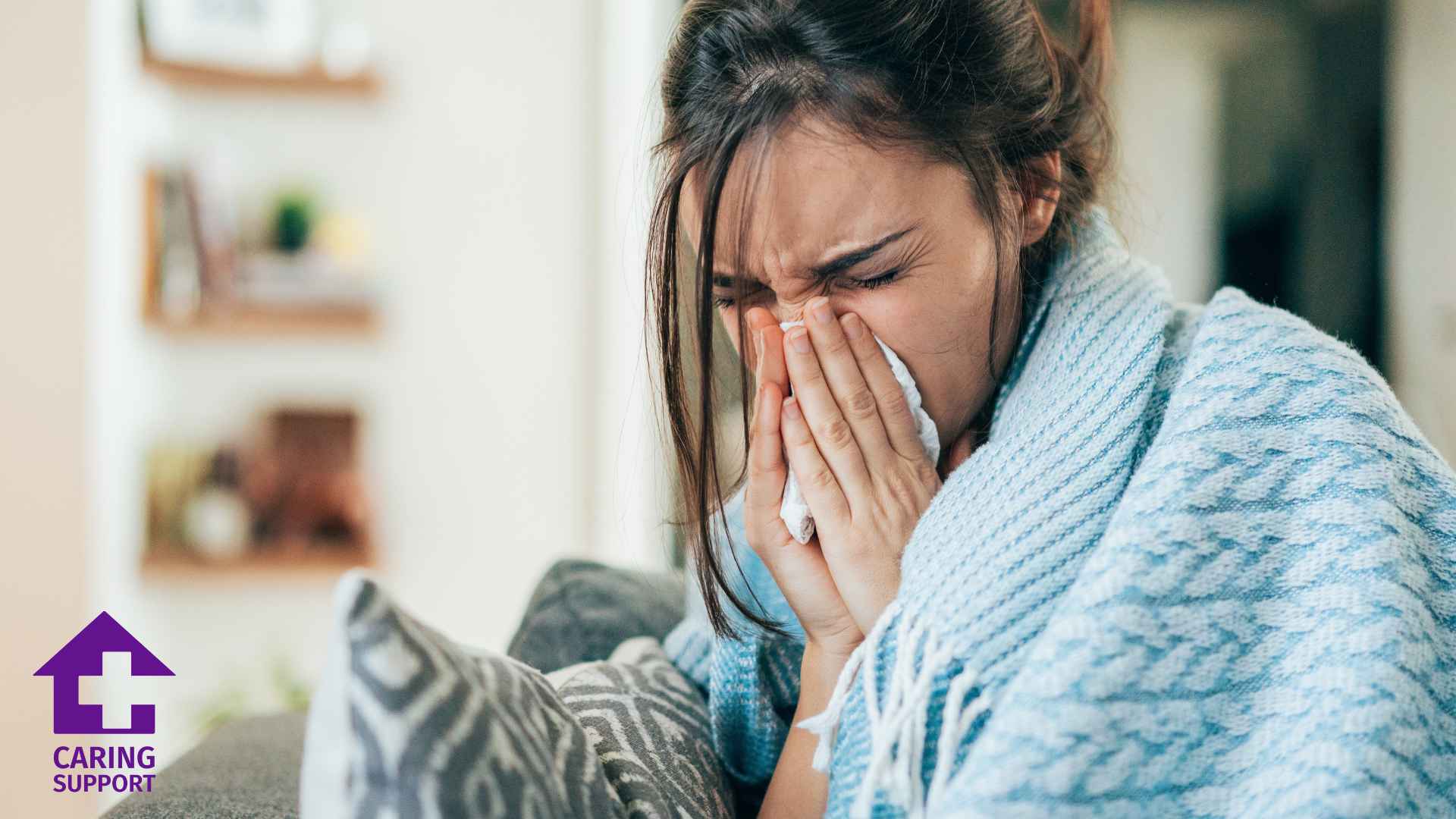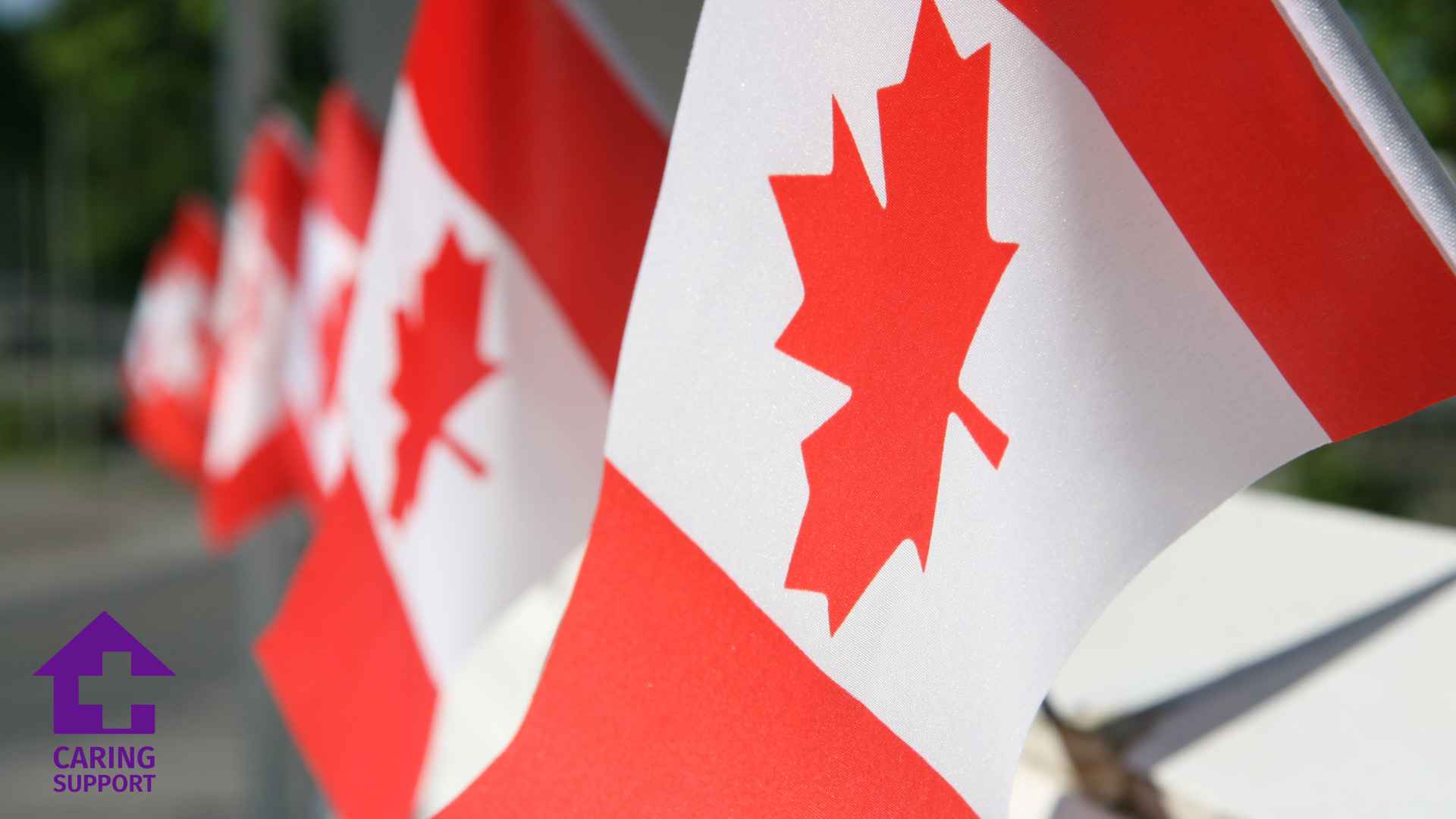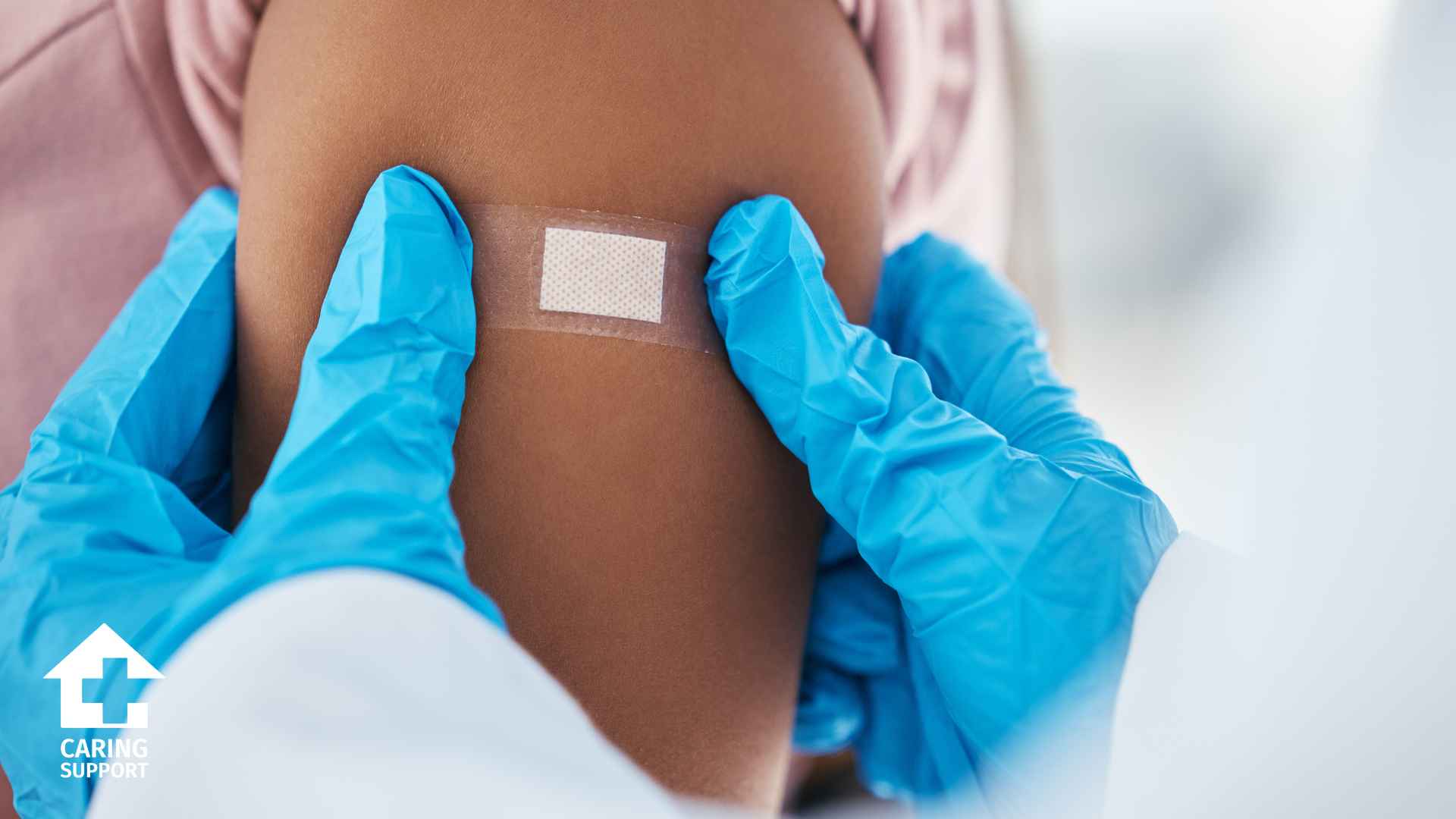
Racing thoughts during the night are common, often triggered by stress or anxiety. Experts recommend cognitive shuffling, sensory grounding, journaling, and breathwork to calm the mind. Maintaining good sleep hygiene, limiting screen time, disinfecting surfaces, and managing stress daily can reduce nighttime awakenings and improve overall sleep quality.

Canada enforces permanent controls on the sedative carisoprodol, previously used abroad and linked to illegal drug markets. The drug’s misuse, often combined with opioids, poses public health risks. The move strengthens border enforcement, disrupts illicit trafficking, and signals Canada’s commitment to combating organized crime and protecting communities from harmful substances.

Manitoba nurses raise alarm over safety after a recent sexual assault at St. Boniface Hospital. Staff cite repeated incidents and violence at local hospitals, questioning the government’s nurse hiring efforts. Nurses may grey-list unsafe facilities to protest inadequate protections, urging authorities to implement stricter safety measures for healthcare workers.

Nighttime anxiety and racing thoughts are common causes of insomnia. Stress, brain activity, and unfinished daytime worries can prevent falling back asleep. Techniques like cognitive shuffling, breathwork, journaling, and sensory grounding may help. Persistent disruptions may require therapy or medical intervention to restore healthy sleep patterns.

Health officials warn of a severe flu season due to strain mismatch. Despite this, Doctors stress that the flu shot still prevents severe illness and hospitalizations—especially for seniors and children. With H3N2 circulating and RSV and COVID also rising, experts recommend all available vaccines to reduce complications and protect communities.

A new Canadian study shows that long pauses, filler words, and difficulty finding words may signal early cognitive decline. Using AI speech analysis, researchers found speech timing strongly linked to brain function. While not a diagnostic tool, repeated testing may detect subtle deterioration and support early dementia prevention through lifestyle changes.
We'll keep you updated on all new application updates and features!